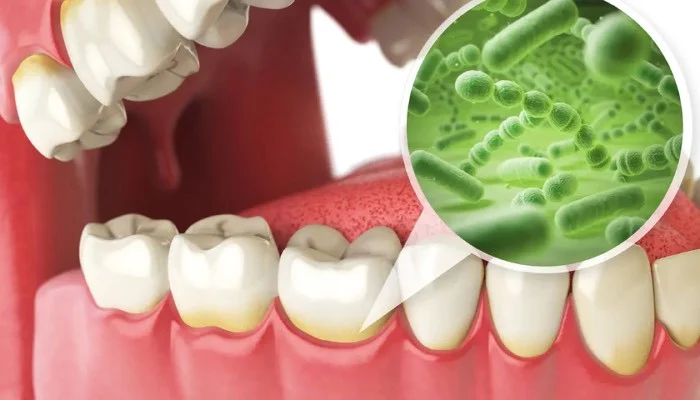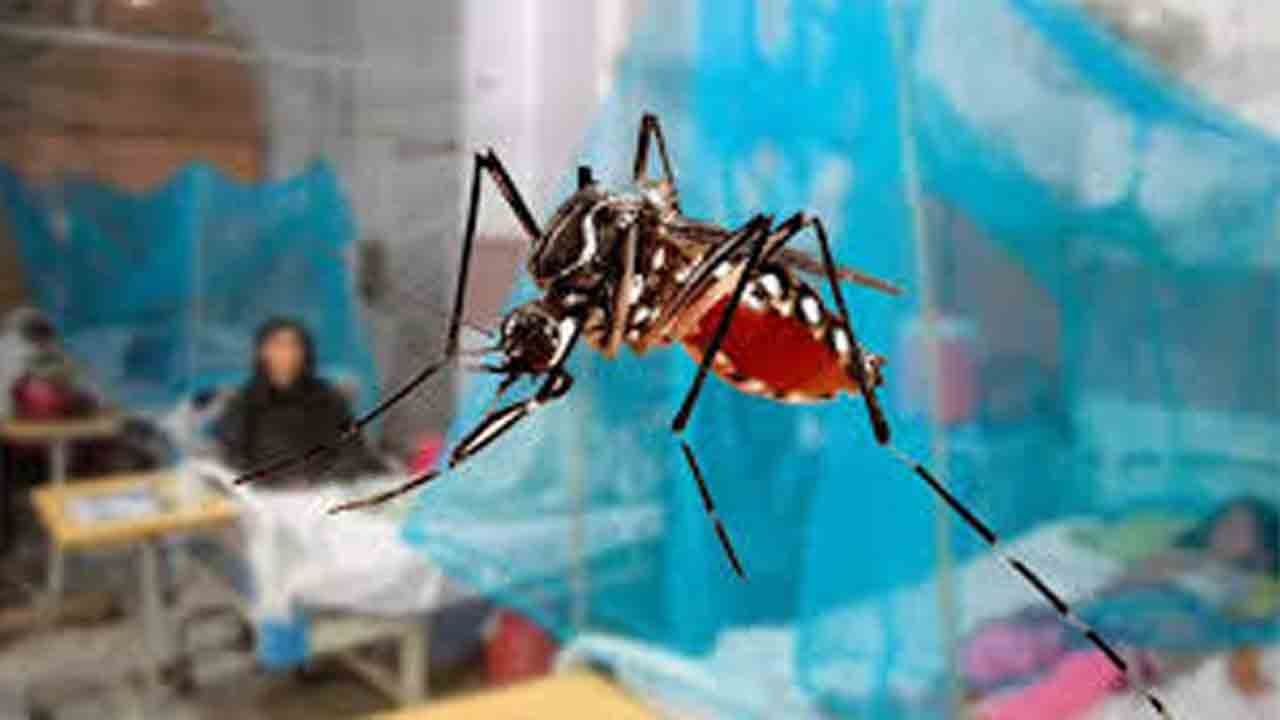A pioneering study conducted by Guy’s and St Thomas’ and King’s College London has uncovered a surprising role for certain mouth bacteria in combating head and neck cancer. The research, published in Cancer Communications, suggests that a type of bacteria known as fusobacterium, which is typically associated with worsening bowel cancer, may actually help to eradicate head and neck squamous cell carcinoma (HNSCC).
HNSCC is the sixth most common cancer globally and has seen limited progress in treatment advancements. The study, led by Dr. Miguel Reis Ferreira, found that higher levels of fusobacterium in head and neck cancer patients were consistently linked to better prognoses. Patients with elevated levels of this bacteria had a 65 percent increased chance of survival compared to those with lower levels.
Dr. Ferreira explained that fusobacterium appears to “melt” head and neck cancer cells, a surprising discovery given its known role in exacerbating bowel cancer. In laboratory tests, fusobacterium effectively killed 70-90% of cancer cells by releasing toxic molecules. The bacteria demonstrated a remarkable ability to destroy tumors rapidly when applied in small quantities.
The findings indicate that fusobacterium’s effects on cancer may be highly context-dependent, acting as a potential therapeutic agent in head and neck cancers while promoting cancer growth in other types. This discovery opens the door for further research into how different bacteria could have varying impacts on cancer, potentially leading to new treatment approaches.
Dr. Anjali Chander, senior clinical research fellow at King’s College London and lead author, expressed excitement about the unexpected results. “Our findings are remarkable and very surprising. We had a eureka moment when we found that our international colleagues also validated the discovery,” she said.
Barbara Kasumu, Executive Director of Guy’s Cancer Charity, highlighted the significance of the research, stating, “We are proud to support the groundbreaking research conducted by Miguel and Anjali, which aims to enhance our understanding of head and neck cancer and develop more compassionate and effective treatments.”



